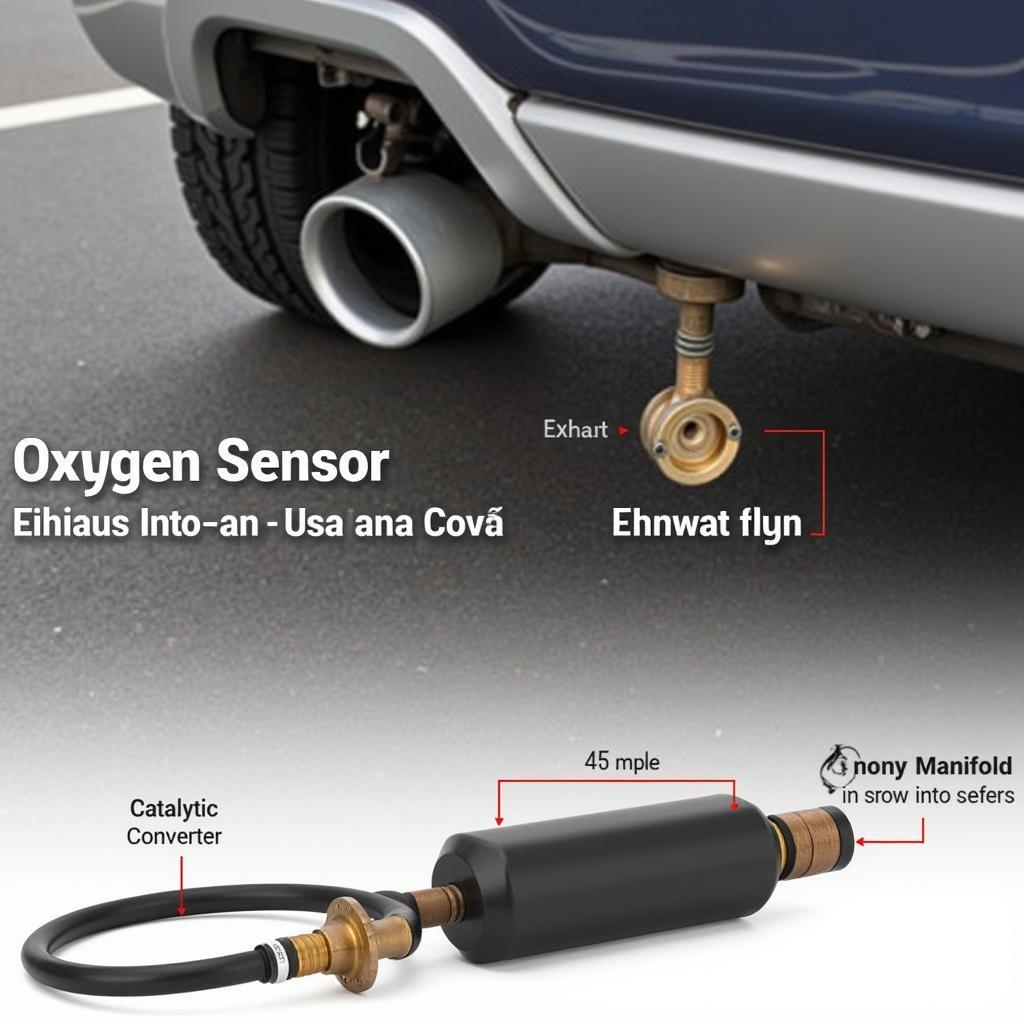High Mileage Car Maintenance is crucial for preserving your vehicle’s performance and extending its lifespan. As your car racks up the miles, it requires extra attention and care to ensure it continues to run smoothly and reliably. This article will delve into the essentials of high mileage car maintenance, offering expert advice and practical tips to help you keep your older car in top shape.
What does “high mileage” even mean these days? While it used to signify a car over 100,000 miles, modern vehicles are built to last longer. Today, we’re often talking about cars with 150,000 miles or more. Maintaining these vehicles requires a proactive approach. For example, following a high mileage car maintenance schedule is a great way to stay organized and ensure you’re addressing all the critical areas.
Key Components of High Mileage Car Maintenance
Fluids: The Lifeblood of Your Vehicle
Regular fluid checks and changes are the cornerstone of high mileage car maintenance. Engine oil, transmission fluid, coolant, brake fluid, and power steering fluid all degrade over time. For vehicles with high mileage, this degradation accelerates.
- Engine Oil: Use high-quality oil specifically designed for high mileage engines. These oils contain additives that help seal worn engine parts and prevent leaks.
- Transmission Fluid: A transmission flush or fluid change at recommended intervals can prevent costly transmission repairs.
- Coolant: Ensure your coolant is fresh and at the correct level to prevent overheating, especially during hot weather.
- Brake Fluid: Brake fluid absorbs moisture over time, which can reduce braking performance. Regular flushes are essential for safety.
- Power Steering Fluid: Low power steering fluid can lead to difficulty steering and damage to the power steering pump.
“Regular fluid maintenance is like giving your car a vitamin boost,” says automotive expert, Michael Stevens. “It keeps everything running smoothly and prevents major issues down the road.”
Addressing Wear and Tear: Prevention is Key
As your car ages, components like belts, hoses, and suspension parts are more susceptible to wear and tear.
- Belts and Hoses: Inspect belts and hoses for cracks, fraying, or leaks. Replace any worn components promptly to avoid breakdowns.
- Suspension: Have your suspension system inspected regularly for worn shocks, struts, and bushings. A well-maintained suspension provides a smoother ride and improves handling.
- Brakes: Brake pads and rotors wear down over time. Have them checked and replaced as needed to ensure optimal braking performance.
“Think of your car like your body,” advises Sarah Johnson, a seasoned mechanic. “Just like you need regular checkups, your car needs regular maintenance to stay healthy.”
You may also want to consider high mileage car maintenance insurance to help cover the costs of unexpected repairs.
Choosing the Right Car for High Mileage: Things to Consider
If you’re in the market for a used car, consider models known for their reliability and longevity. Low maintenance high mileage cars and car low maintenance high mileage options exist. Researching and choosing a vehicle with a good track record can save you money on repairs in the long run. A low maintenance high gas mileage car can offer the added benefit of fuel efficiency.
Conclusion
High mileage car maintenance is an investment in your vehicle’s longevity and your peace of mind. By following a regular maintenance schedule, addressing wear and tear proactively, and choosing the right fluids and parts, you can keep your car running smoothly for years to come. If you need assistance with your high mileage vehicle, contact AutoTipPro at +1 (641) 206-8880. Our office is located at 500 N St Mary’s St, San Antonio, TX 78205, United States. We’re here to help you keep your car on the road!





Leave a Reply